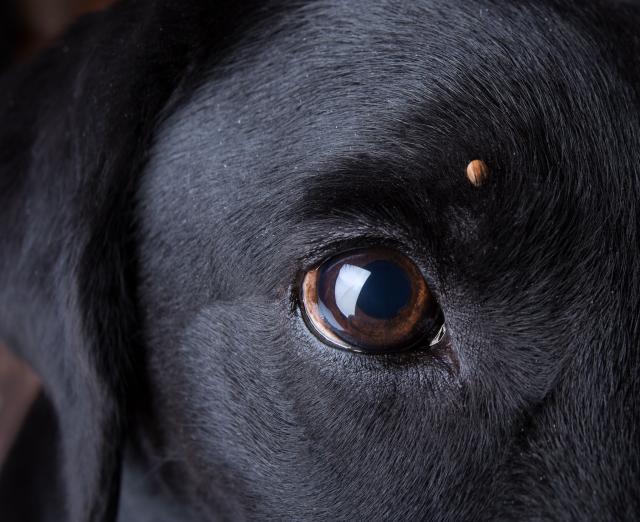RSPCA Victoria are urging pet owners to protect their animals from tick bites, particularly as supplies of tick bite serum run low across Australia.
While tick bites can happen year-round, they are more prevalent during warm, humid weather.
Tick bites can have serious repercussions and can lead to Tick Paralysis and Tick Fever. If left untreated, both diseases can be fatal, so it is vital that pet owners keep their pets safe from tick-borne illnesses.
RSPCA Victoria’s Chief Vet, Dr Bronwyn Oke says prevention is better than a cure.
“There are several straightforward ways to protect your pet from ticks, including topical ointments, tablets and chews, or even a simple tick collar,” she said.
“It’s also much quicker and easier to find a tick or bite on a dog when they have a clean coat so keeping your dog groomed when you’re in an area with a high tick population can be a lifesaver for your pet”.
There are multiple easy steps owners can take to keep their pets safe from ticks, such as:
Avoiding areas that are likely to have high tick populations. These include coastal areas, forests, compost piles, bush and scrubland.
Using topical or oral treatments or a tick collar if tick habitats are unavoidable. These treatments provide effective protection for animals.
Keeping existing protective treatments up to date. It is crucial that owners choose an appropriate treatment for their pet as some tick control products for dogs are highly toxic to cats.
Checking their animal’s coat regularly.
Examine the animal’s skin for bite marks that resemble a crater. Ticks that have not yet bitten the animal may also be hidden in the animal’s fur.
Reliable brands for tick prevention include NexGard, Advocate, Credelio, and Aristopet.
While preventative measures are important; it is also vital that pet owners are aware of the signs that their companion may have a tick bite.
Tick Paralysis is the most common consequence of a tick bite in Australia, which can be identified by:
Loss of coordination, weakness in the back legs or difficulty getting up
Changes in the sound of the animal’s bark/meow or voice
Retching or vomiting
Coughing (sometimes it is a moist cough)
Excessive salivating or drooling
Loss of appetite
Progressive paralysis that includes the forelegs
Difficult or rapid breathing
Grunting noise when breathing
Other abnormal behaviours or symptoms.
Treatment
Owners who suspect their pet has a tick bite can potentially save their animal’s life by:
Keeping the animal calm and at a comfortable temperature.
Taking the animal to the vet immediately if the pet shows signs of Tick Paralysis.
Thoroughly searching the animal’s skin and fur for signs of a tick bite or the tick itself.
Owners who find a tick and are not confident to remove it without exacerbating the bite can take the animal to the vet where it can be safely removed and immediate care can be provided.







